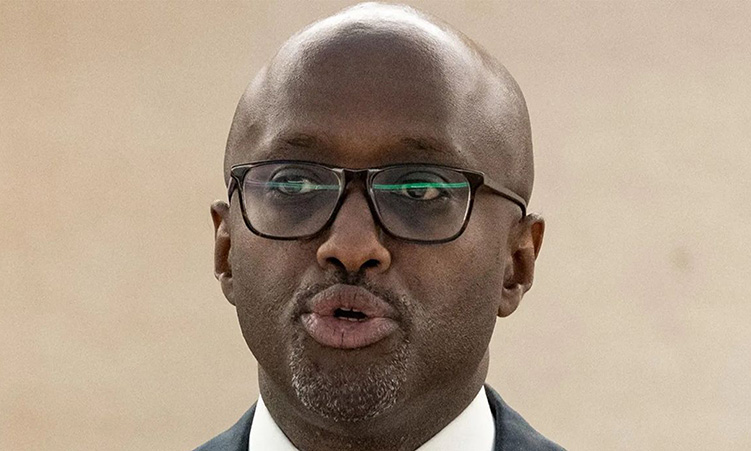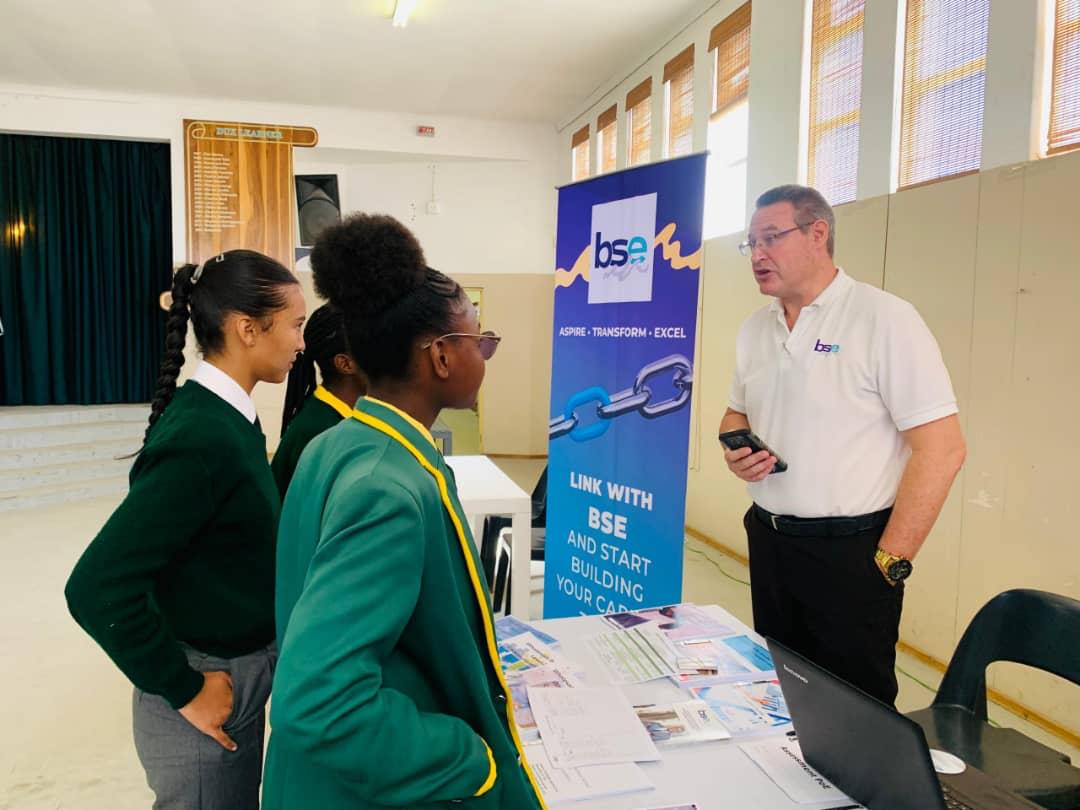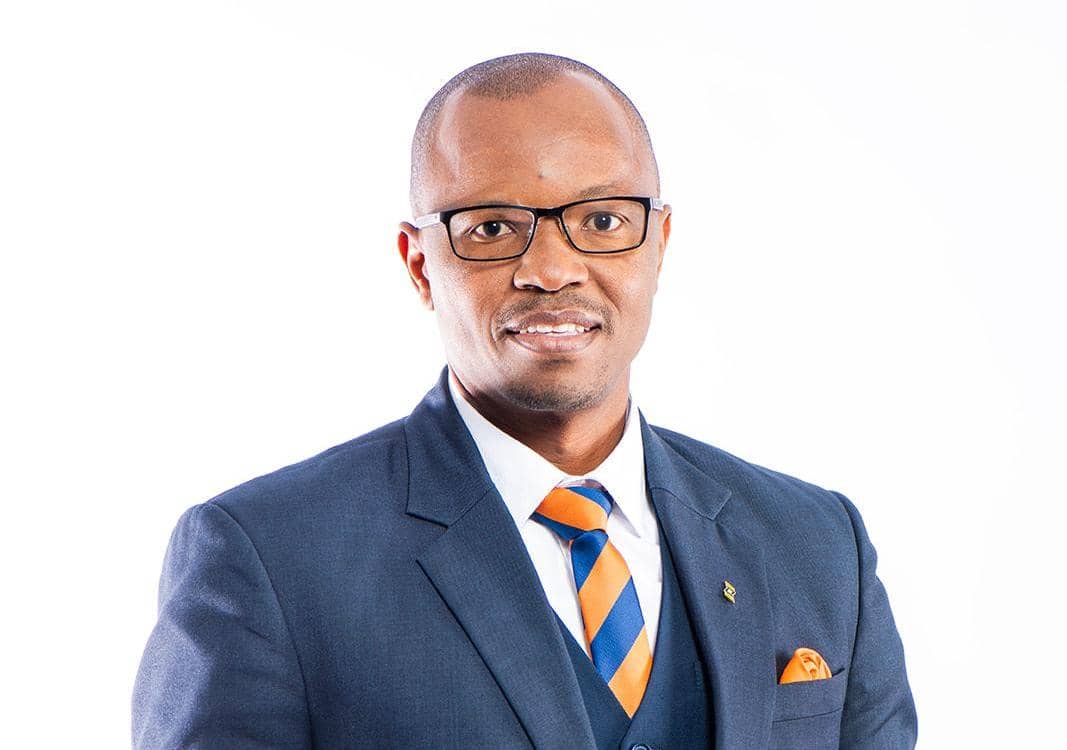THE Namibia Red Cross Society (NRCS) has appealed for N$36 million from international donors to enable it to carry out its programmes in 2004.
This is the biggest appeal yet for international funding by the NRCS. The figure also represents the largest sum of money requested by a Red Cross Society in Africa to date.Yesterday, Chairperson of the NRCS Helena Ndume and Secretary General Razia Essack-Kauaria told the media in Windhoek that the funds were needed to continue expanding existing projects and to start new ones where capacity was lacking.”We are doing so much, but we do it so quietly.There are so many people in need out there,” said Ndume.Essack-Kauaria added: “The strength we have is that Namibians are willing to volunteer so we are able to reach the communities”.Most of the Red Cross 2004 budget – N$24 million – is aimed at health care while about N$8,8 million is earmarked for disaster management efforts.In the coming months the NRCS is also expected to receive an allocation of around N$9 million from the Global Fund to fight HIV-AIDS.At present the NRCS operates in seven regions, five of which are in northern Namibia where the lowest human development in the country has been noted.With its budget the NRCS plans to continue its HIV-AIDS prevention and advocacy programmes and care projects for the HIV-infected and orphans as well as other vulnerable children.Reproductive health issues and disease control, such as malaria and tuberculosis, are also among its health initiatives.Building capacity to respond to disasters and reducing or mitigating their impact is an important focus for the NRCS, following last year’s floods in the Caprivi.Last year the NRCS had 92 full-time staff and about 4 000 volunteers who worked on its various projects.Among its most notable achievements for 2003, the society cites the opening of an office at Grootfontein to offer home-based care to the HIV-infected, the establishment of a voluntary counselling and testing centre at Katima Mulilo and the inauguration of a regional office for Khomas.The NRCS is now hoping that the international community, through the International Federation of the Red Cross, will come to its aid to allow it to continue its humanitarian efforts in the coming year.The figure also represents the largest sum of money requested by a Red Cross Society in Africa to date. Yesterday, Chairperson of the NRCS Helena Ndume and Secretary General Razia Essack-Kauaria told the media in Windhoek that the funds were needed to continue expanding existing projects and to start new ones where capacity was lacking. “We are doing so much, but we do it so quietly. There are so many people in need out there,” said Ndume. Essack-Kauaria added: “The strength we have is that Namibians are willing to volunteer so we are able to reach the communities”. Most of the Red Cross 2004 budget – N$24 million – is aimed at health care while about N$8,8 million is earmarked for disaster management efforts. In the coming months the NRCS is also expected to receive an allocation of around N$9 million from the Global Fund to fight HIV-AIDS. At present the NRCS operates in seven regions, five of which are in northern Namibia where the lowest human development in the country has been noted. With its budget the NRCS plans to continue its HIV-AIDS prevention and advocacy programmes and care projects for the HIV-infected and orphans as well as other vulnerable children. Reproductive health issues and disease control, such as malaria and tuberculosis, are also among its health initiatives. Building capacity to respond to disasters and reducing or mitigating their impact is an important focus for the NRCS, following last year’s floods in the Caprivi. Last year the NRCS had 92 full-time staff and about 4 000 volunteers who worked on its various projects. Among its most notable achievements for 2003, the society cites the opening of an office at Grootfontein to offer home-based care to the HIV-infected, the establishment of a voluntary counselling and testing centre at Katima Mulilo and the inauguration of a regional office for Khomas. The NRCS is now hoping that the international community, through the International Federation of the Red Cross, will come to its aid to allow it to continue its humanitarian efforts in the coming year.
Stay informed with The Namibian – your source for credible journalism. Get in-depth reporting and opinions for
only N$85 a month. Invest in journalism, invest in democracy –
Subscribe Now!










